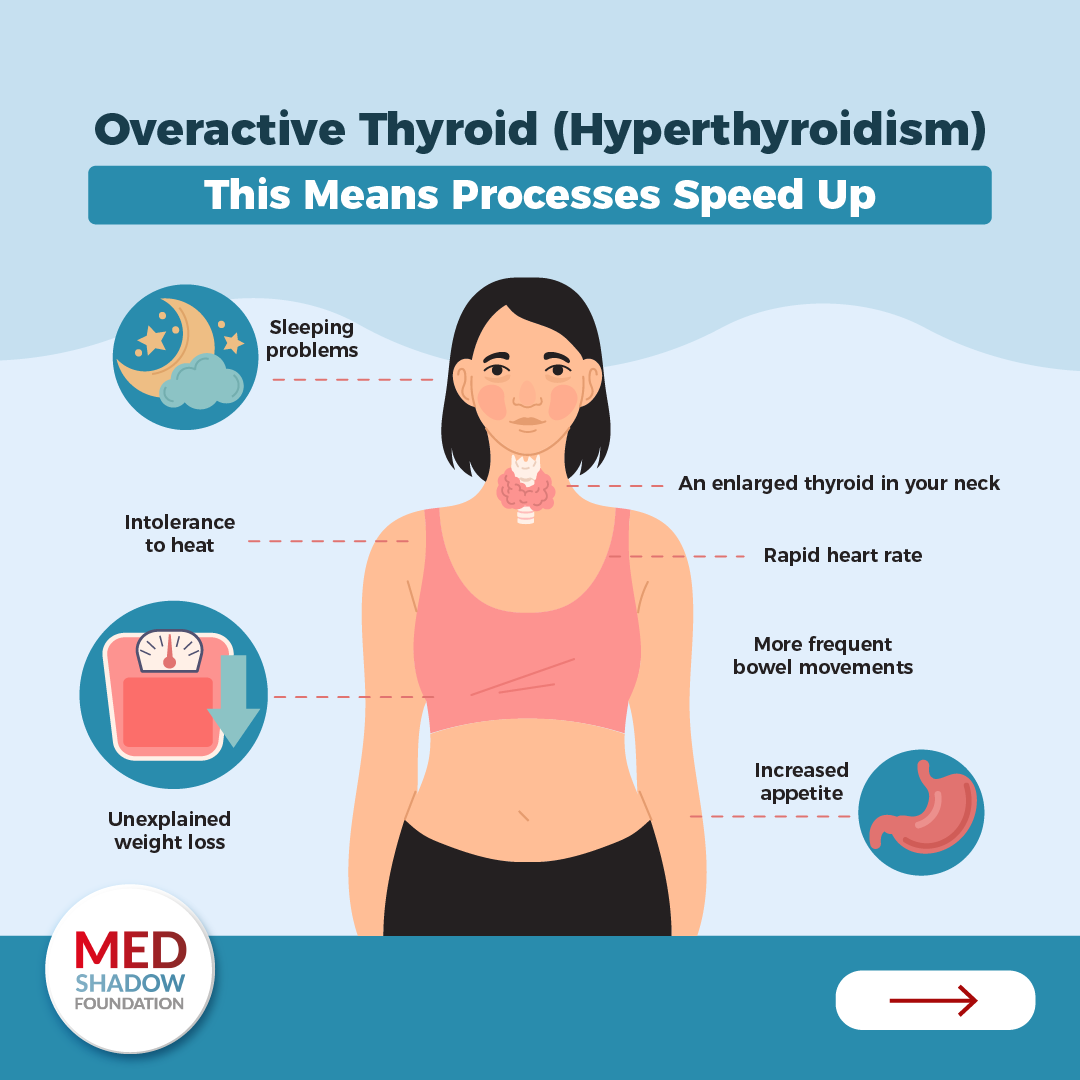Imagine spending years battling with unexplained weight gain—no matter how hard you try, nothing seems to work. That was the reality for countless individuals before they discovered that an underactive thyroid, or hypothyroidism, could be the root cause. But then, there’s a moment where hope begins to shine. It’s the day you get prescribed levothyroxine, the life-changing medication meant to regulate your thyroid levels, and with it, the promise of transformation.
For many, levothyroxine weight loss becomes a pivotal chapter in their weight loss journey. However, the road to seeing results isn’t always as straightforward as it may seem.
Let’s dive into one person’s story of how levothyroxine turned the tide for them and how it might just be the key you need to unlock your own weight loss breakthrough.

“I Felt Like I Was Fighting a Losing Battle”—Sarah’s Story
Sarah had always been a health-conscious person. She ate well, exercised regularly, and yet, the scale never budged. She felt sluggish, and despite her best efforts, she was gaining weight steadily.
“I remember going to my doctor and just feeling defeated. I said, ‘No matter what I do, I can’t lose weight.’ My doctor ordered tests and diagnosed me with hypothyroidism. I didn’t know much about it, but the more I read, the more I understood why I felt so off,” Sarah recalls.
Sarah’s thyroid wasn’t producing enough hormones, causing her metabolism to slow down. The solution? Levothyroxine—a medication that replaces the missing thyroid hormone.
But here’s where things get tricky. Levothyroxine doesn’t work like magic. You can’t just take it and expect the weight to drop overnight.
The Role of Levothyroxine in Weight Loss
Levothyroxine essentially acts as a synthetic version of the hormone thyroxine, which your thyroid normally produces. This hormone is crucial for regulating your metabolism, and when it’s out of balance, it can affect nearly every aspect of your body, including your weight.
For Sarah, taking levothyroxine was not a quick fix. In fact, it took about three to six months before she began seeing noticeable changes in her weight.
“I didn’t expect it to happen overnight. My doctor had warned me that it could take time for my body to adjust. But after about six months of consistent treatment, I began noticing subtle changes. I wasn’t feeling as bloated, and I had more energy,” she explains.
Studies support Sarah’s experience, revealing that 52% of patients with hypothyroidism lost weight after starting levothyroxine therapy, typically shedding around 8.4 pounds in the first six months. However, weight loss is often modest, and results vary from person to person.
The Road to Real Change: It’s Not Just About the Pills
While levothyroxine plays a key role in regulating the thyroid, Sarah quickly realized that weight loss wasn’t just about popping a pill every morning. It was the synergy of diet, exercise, and mental health that truly led to her breakthrough.
Finding the Right Dose
“One of the biggest challenges with levothyroxine weight loss is finding the right dosage,” says Dr. Lisa Nguyen, an endocrinologist who specializes in thyroid disorders. “It’s crucial to monitor your thyroid levels regularly because too much or too little of the medication can cause weight gain or loss.”
For Sarah, adjusting her levothyroxine dosage was key to her success. After a few months of trial and error, her doctor found the perfect dose, and Sarah began to feel the difference.
A New Approach to Diet and Exercise
The next step in Sarah’s transformation was a more personalized approach to nutrition and exercise. While levothyroxine helped get her metabolism back on track, Sarah realized she needed to support her body with a healthy lifestyle.
“I started paying more attention to what I was eating. I cut out processed foods and focused on whole, nutrient-dense meals. I also incorporated more strength training into my workouts to build lean muscle mass,” she says.
Levothyroxine didn’t magically erase the challenges of weight loss, but with the right support system, Sarah felt empowered to push forward.
Levothyroxine and Emotional Health: The Overlooked Factor
Throughout Sarah’s journey, one thing that became increasingly clear was how much mental health influenced her weight loss. She struggled with feelings of inadequacy and frustration, but over time, she learned that her emotional health played just as important a role as her physical health.
“On my toughest days, I would get frustrated and want to quit, but I had to remind myself that it’s okay to take things slow. This wasn’t a sprint, it was a marathon,” Sarah explains. “I also had a therapist who helped me manage my emotions around my body image and self-worth.”
Her experience highlights the important link between mental well-being and physical transformation. The emotional weight of dealing with hypothyroidism and weight gain can be overwhelming, but addressing mental health alongside physical health is essential for long-term success.

The Results: How Much Weight Can You Expect to Lose?
So, how much weight can someone realistically expect to lose with levothyroxine? The answer varies based on individual factors, such as age, metabolism, and lifestyle.
Research suggests that, on average, people lose about 8.4 pounds in the first six months of treatment. However, this weight loss is often modest and may not be enough for individuals looking for significant transformation.
For Sarah, after a year of consistent medication, exercise, and balanced eating, she lost over 20 pounds. More importantly, she gained back her energy and confidence—things she thought were lost forever.
“I feel like I’ve finally gotten my life back. I have more energy than I’ve had in years, and I’m starting to see the results of my hard work. It’s not just about the number on the scale—it’s about how I feel,” Sarah shares with a smile.
Is Levothyroxine a Weight Loss Solution?
Levothyroxine is a crucial tool for those struggling with hypothyroidism and weight gain. However, it’s not a magic bullet. If you’re looking to lose weight with levothyroxine, remember that it works best when combined with a healthy diet, regular exercise, and emotional support.
If you’re starting levothyroxine treatment, be patient with yourself. Results may take time, and finding the right dosage will make all the difference. And most importantly, don’t overlook the power of mental health—because real transformation goes far beyond the physical.
Frequently Asked Questions
1. How fast did you lose weight on levothyroxine?
Weight loss can vary. Some people see modest weight loss after 6 months, but it can take up to a year to notice significant results.
2. Will levothyroxine help lose belly fat?
Levothyroxine does not target specific fat areas, but it can help regulate metabolism, which may lead to overall fat loss, including belly fat.
3. Can levothyroxine suppress appetite?
Levothyroxine may cause an increase or decrease in appetite. Some people report feeling hungrier, which could lead to weight gain, while others may experience a decrease in appetite.
4. What’s the best diet to follow while on levothyroxine for weight loss?
Focus on whole, nutrient-dense foods such as vegetables, lean proteins, and whole grains. Reducing processed foods and sugars can also help support weight loss.
5. Does levothyroxine cause weight gain?
If your thyroid hormone levels are too high, levothyroxine could lead to weight loss, but if the dose is too high, it may also cause weight gain. Regular monitoring is essential.